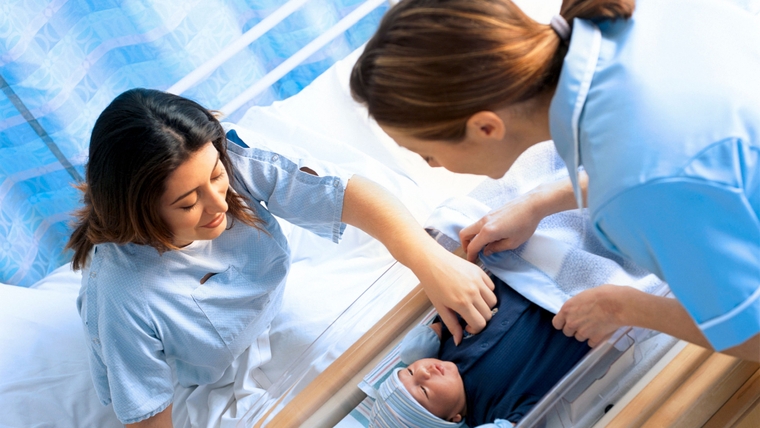Posted By: Amy Tubb
16th August 2023
1 minute read

Quite simply midwives need time to care and there needs to be more midwives to share the workload.
Birte Harlev-Lam OBE, Midwife and Executive Director of the Royal College of Midwives (RCM)
Today, the Royal College of Midwives (RCM) launches a new ‘roadmap’ to improve maternal mental health care in the UK and ensure women receive the support they need.
The human and economic cost of undiagnosed and untreated mental health problems during pregnancy and after birth is significant. There is strong evidence to suggest that more investment is needed and that the cost of providing it leads to far greater savings overall.
Mental ill-health ranks with physical factors as one of the leading causes of maternal deaths in the UK, and yet this is not reflected in the resources allocated to it, whether in terms of staffing or other support.
Birte Harley-Lam
The roadmap outlines the key changes the RCM is calling for to improve perinatal mental health care in the UK, including:
We are not asking for the moon; we estimate that fewer than 350 additional specialist perinatal mental health midwives could bring about the results that we all want to see – and that women deserve.
Birte Harley-Lam
The Maternal Mental Health Alliance (MMHA) welcomes this new roadmap and fully supports the key changes RCM are calling for in perinatal mental health care. During pregnancy and after birth, women have at least 16 contacts with health professionals. These contacts are an ideal opportunity for women to be routinely and sensitively asked about their mental health, in the same way they are asked about their physical health. However, currently, there is no routinely funded provision to meet the needs of women with common mental health problems.
Recent economic research commissioned by the MMHA highlighted how well-placed midwives are to identify mental health concerns, provide support and make referrals where needed. However, it was also clear that this is only possible if mental health is integrated and championed in maternity care through adequate training and investment. Staff shortages in maternity care mean midwives are being asked to do more with less. It’s vital that the profession is recognised as integral to the physical and mental safety of expectant and new mums and resourced accordingly.